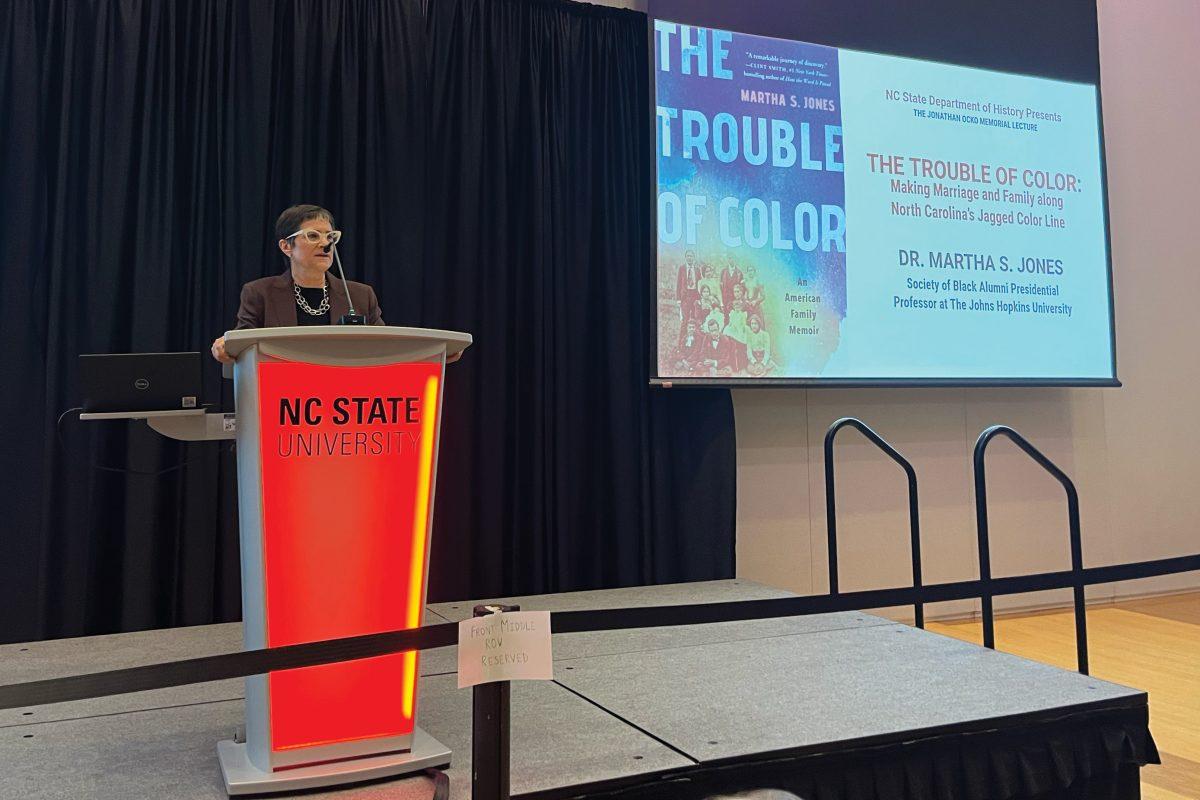North Carolina voters sent a clear but complex message in Tuesday’s election, embracing President-elect Donald Trump while simultaneously rejecting controversial Republican candidates in Council of State races.
Democrats secured several positions on the Council of State. Josh Stein won the governorship, Jeff Jackson claimed the attorney general’s office, Rachel Hunt secured the lieutenant governor position, Mo Green prevailed in the office of superintendent of public instruction and Elaine Marshall won her re-election as secretary of state.
What’s more is that Democrats broke the state’s Republican supermajority with the flipping of state Rep. Ken Fontenot’s seat to Dante Pittman, a Democrat. With this development, Governor-elect Josh Stein will have the power to veto legislative bills. Gov. Roy Cooper lost his veto after Trisha Cotham switched parties last year.
Most notably, Robinson and Michele Morrow, the Republican candidate for state superintendent of public instruction, received national attention for their far-right views, with CNN reporting Robinson’s comments on a porn website where he called himself a “Black Nazi,” and when Morrow called for the public executions of former President Barack Obama and President Joe Biden.
Robinson lost his election by over 800,000 votes, and Morrow by almost 120,000 votes in a state where Trump won by over 190,000 votes.
This split-ticket voting pattern reveals a nuanced electorate capable of distinguishing between national political allegiances and local governance priorities — where voters could see the most impact in their lives.
Political Science Department Chair Michael Struett said North Carolina has a history of splitting the ticket, most recently with Cooper winning two terms at the same time Trump also won the state.
Struett said this is largely due to the quality of candidates.
“In recent years, the Democrats have had really good candidates,” Struett said. “It seems to be the case that whoever those swing voters are, they prefer Republicans for the statewide judicial positions on the North Carolina Supreme Court. … I don’t know exactly what to make of it, except that obviously Robinson and to some extent, Michele Morrow, were terrible candidates.”
While North Carolina’s legislative veto has proven powerful in the hands of Democratic governors, such as when Cooper vetoed the state budget multiple times and a bill that required voter ID in his first term, Struett said Stein’s veto would likely be ineffective against a Trump presidency supported by a red U.S. House and Senate.
“Most of the things that Trump wants to do are at the federal level, and I don’t know that Stein will have much ability to stop him,” Struett said. “I’m not even sure he should try right in many ways. You want the federal government to be successful if you’re the governor of a state, sort of whether the federal government’s from your party or not.”
This rings especially true for Trump’s immigration plan, in which he hopes to conduct mass deportations of undocumented immigrants.
Deportations are carried out by the federal government, specifically the U.S. Immigration and Customs Enforcement, which is housed in the Department of Homeland Security. They often call on the assistance of local law enforcement to carry out their operations.
Struett said the state government can actively not participate in deportations, but it can do little to halt them.
“It probably is significant that North Carolina statewide government’s not going to want to cooperate directly in those kinds of operations, depending on how the Trump administration goes about it, they may or may not have any option,” Struett said. “I mean, there’s some things that they can do, but their levers are relatively weak for controlling local law enforcement capabilities.”
Despite the Republicans gaining the presidency and legislature, the state’s abortion landscape may remain relatively stable. The current abortion law in North Carolina, while restrictive in the first 12 weeks of pregnancy, is not among the most severe in the country.
Elizabeth Lane, an assistant professor of political science, said she doesn’t see further restrictions on abortion as a possibility under Stein’s veto unless the State Assembly were to put out an initiative on the ballot calling for an abortion ban. But given national trends towards believing in abortion rights, she also sees this as unlikely.
“I would assume that the status quo is maintained unless the Republicans at the federal level decide, ‘Oh no, we don’t think this should be left up to the states,’” Lane said. “We do know J.D. Vance at one point, despite him saying that he never called for it, did allude to a national abortion ban. So that, to me, seems like it would be a greater possibility of change than something happening within just the state of North Carolina.”
With the supermajority broken and Trump’s second presidency coming into fruition, North Carolina is facing a future dependent on whether issues are made federal or left up to the states. Under Stein’s leadership, the state will hold onto its current policy where it can.












